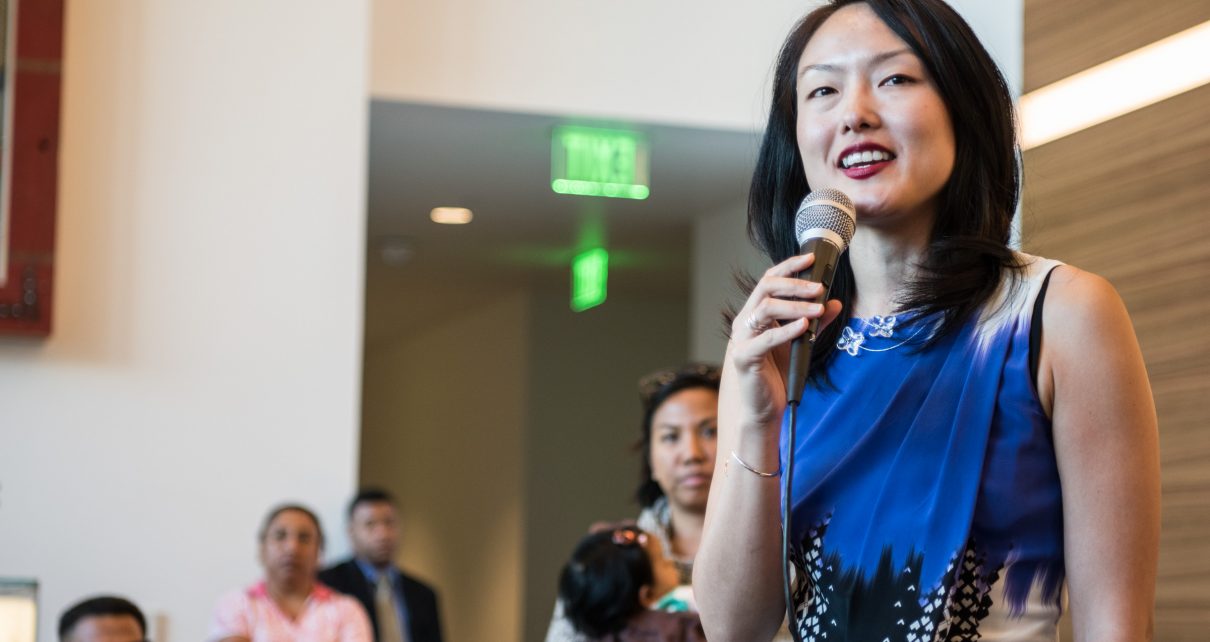
Jane Kim leaves little doubt about her positioning—her website's home page reads 'The Resistance Lives Here.' (janekim.org)
Voters’ Second or Third Choices Likely to Determine New SF Mayor
Uncommon ranked-choice voting system factors if no candidate captures outright majority
By Cliston Brown, May 22, 2018 11:00 am
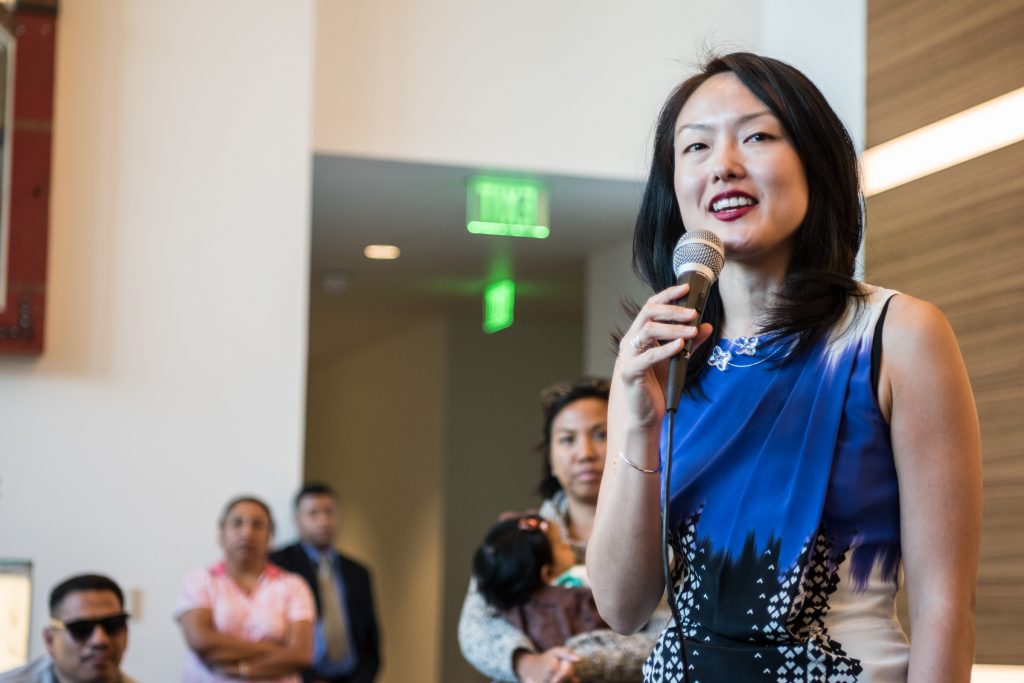
For San Francisco voters choosing a new mayor on June 5, deciding which candidate they like second-best, or even third-best, might be the most crucial choice they make.
Eight candidates are vying to fill the unexpired term of Mayor Ed Lee, whose death on December 12, 2017, left the position up for grabs. The mayoral race is being held concurrently with the California midterm primary elections, but unlike the statewide and legislative contests, which will continue until the general election on November 6, the mayor’s race will be decided on June 5.
That’s because San Francisco employs an unusual voting system known as ranked-choice voting, also known as an instant runoff. Voters are asked to rank their top three candidates in order of preference. When the votes are tallied, if any candidate wins more than 50 percent of the first-choice votes, that candidate is elected. But if nobody achieves a majority, the second- and third-place choices of the last-place candidate are awarded to the other candidates, and this process continues up the list of finishers until one candidate emerges with more than 50 percent.
In past ranked-choice mayoral elections, Lee in 2015 and Gavin Newsom in 2007 won outright majorities, so the only time that ranked-choice came into play was 2011, when Lee’s initial haul of 30.75% in the first round of a 16-candidate race grew to 59.64% after the second and third choices were factored in.
With polling consistently showing no candidate surpassing a third of the vote, the ranked-choice system appears all but certain to kick in again this time. It will make for some interesting decisions for voters, and it has produced some intriguing strategic decisions by the candidates. For example, former State Senator Mark Leno and Board of Supervisors member Jane Kim have forged an alliance in which each has endorsed the other as their number-two pick.
“It’s an interesting strategy,” said Andy Wong, the executive director of PowerPac.org, a San Francisco-based nonprofit organization that seeks to increase political participation among communities of color and supports progressive candidates of color. “Leno and Kim are running against London Breed, who’s a moderate, and coming at her from the left. The question is will the moderates be able to band together and beat the left?”
Wong considers Leno, Kim and Breed the three main contenders, and sees the Leno-Kim alliance as not just a progressive alliance against a candidate perceived as a more business-friendly moderate, but also a power play by two of the city’s key demographic constituencies.
“The LGBT community is trying to side with the Asian community to aggregate their votes in such a way that one of them (Leno or Kim) wins,” Wong told the California Globe. “The overarching question is whether there is a stronger moderate vote that will coalesce around London Breed and outdo the coalition of the Asian and LGBT communities.”
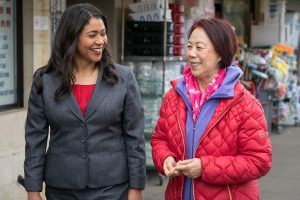
On its face, it seems like a sound strategy. According to a UCLA study conducted in 2006, approximately 15 percent of San Franciscans at that time identified as LGBT. More recent studies have generally only surveyed the Bay Area as a whole, and those numbers are lower. The Asian population is estimated at about 33 percent, though that total encompasses a wide array of nationalities, not all of whom have the same interests or wishes.
“For Leno and Kim, those bases are very strong,” Wong said. “If their bases went strongly for those two, it would be very difficult for Breed, but I don’t think the entire Asian community will go for Kim.”
For Breed, an African-American member of the Board of Supervisors, her demographic base is significantly smaller, with San Francisco’s percentage of black residents estimated at about 6%. As a result, she has to look toward a more ideologically based strategy. To that end, Breed and former supervisor Angela Alioto, both Democrats, have been placed in the odd position of courting San Francisco’s handful of Republican voters. In an officially nonpartisan race in which the results may be close, and in which second- and third choices are very likely to matter, no possible votes, including the roughly 7 percent of San Franciscans who are registered Republicans, can be ignored.
“Breed is going to try to lock up the moderates and conservatives and see how much of the Asian vote she can split off,” said Wong, who added that he doesn’t consider Alioto—the daughter of a former mayor and twice a failed mayoral candidate herself—among the top three contenders because he thinks her period of strength, dating back to when she was on the Board of Supervisors some two decades ago, has passed.
Wong says that ultimately, he expects the two top contenders to be Leno and Breed, with the second and third choices of the city’s Asian voters likely to play a decisive role.
“It’s going to be very hard for Kim to win,” Wong said. “If I had to guess, it will come down to Leno and Breed, and how much of the Asian community goes for one or the other.”
Cliston Brown is a communications and government relations executive and political analyst in the San Francisco Bay Area who previously served as director of communications to a longtime Democratic Representative in Washington, D.C. Follow him on Twitter (@ClistonBrown) and visit his website at ClistonBrown.com.
- California’s Top Two Primary System Still A Focus Of Debate - June 11, 2018
- Voters’ Second or Third Choices Likely to Determine New SF Mayor - May 22, 2018


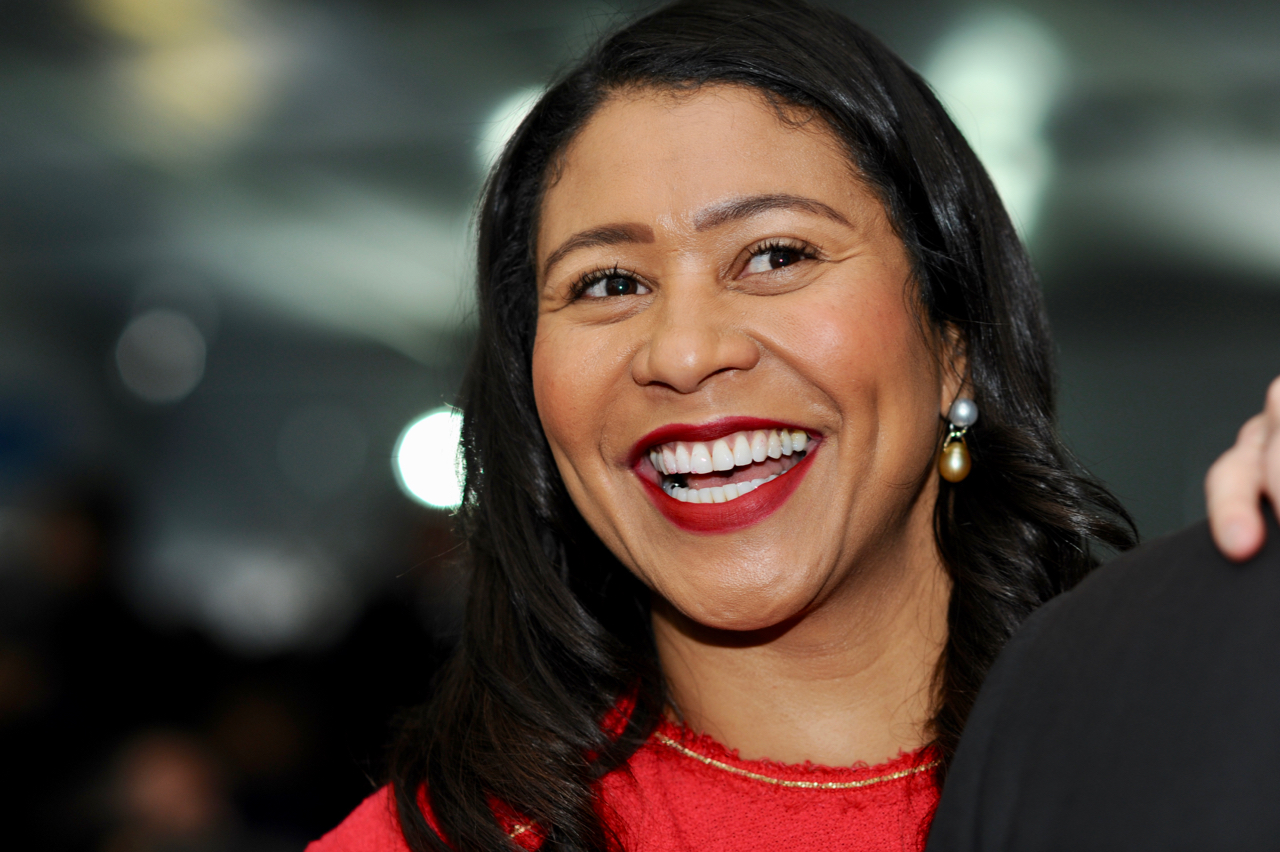

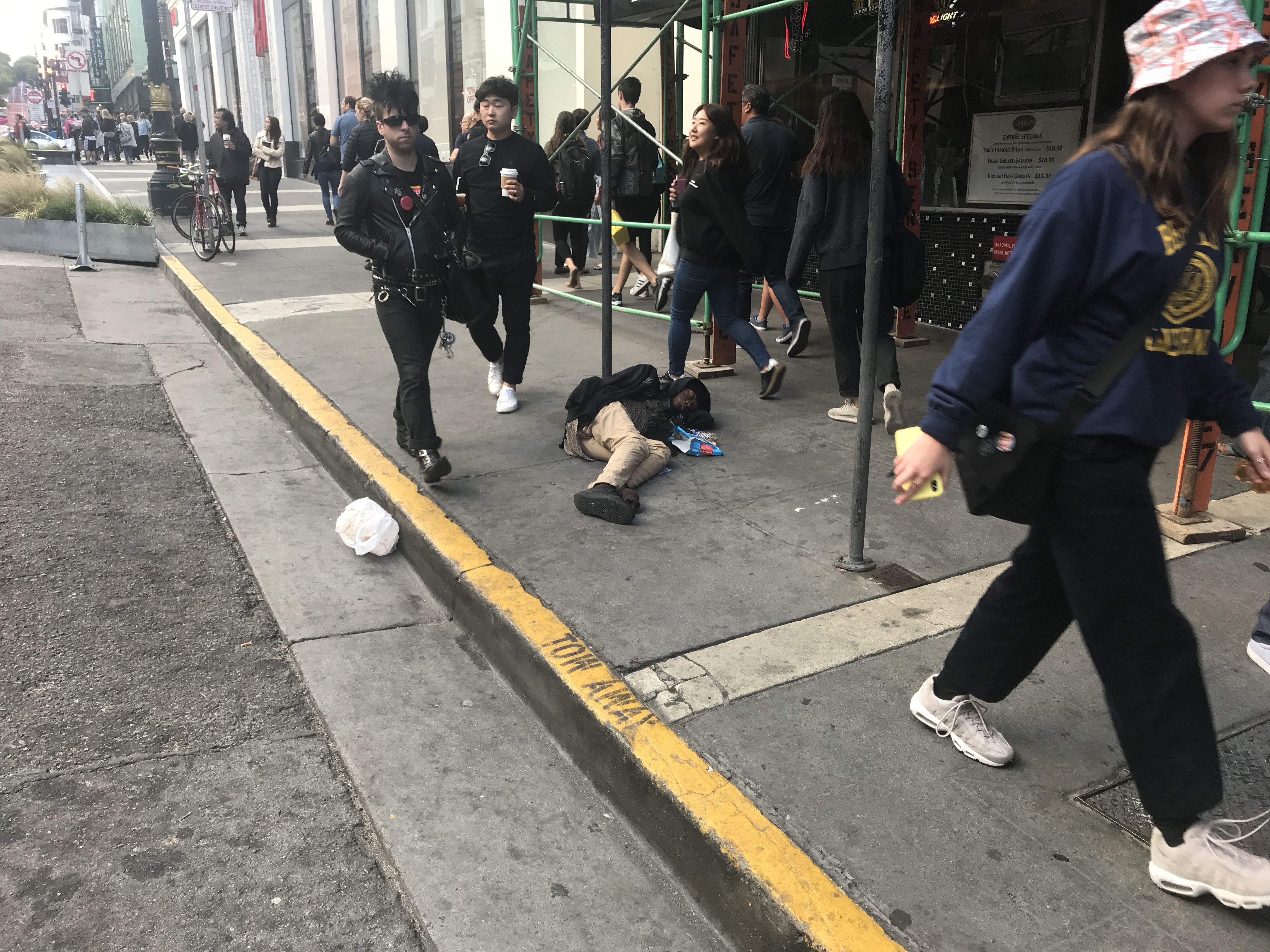



I’ve been loknoig for a post like this forever (and a day)
Sweet site, super design, rattling clean and employ genial.
I constantly emailed this web site post page to all my friends, as
if like to read it then my friends will too.
After I initially commented I seem to have clicked the -Notify me when new comments are
added- checkbox and from now on every time a comment is
added I receive 4 emails with the same comment.
Is there an easy method you are able to remove
me from that service? Many thanks!
Sorry about that. Working on a fix and we’re almost there.
Hi! I’m at work surfing around your blog from my new apple
iphone! Just wanted to say I love reading your blog and look forward to all your posts!
Carry on the superb work!
Hey there! Do you use Twitter? I’d like to follow you if that would be okay.
I’m undoubtedly enjoying your blog and look forward to new updates.
Yes, California Globe is on Twitter @CaliforniaGlobe. Thanks for the follow!